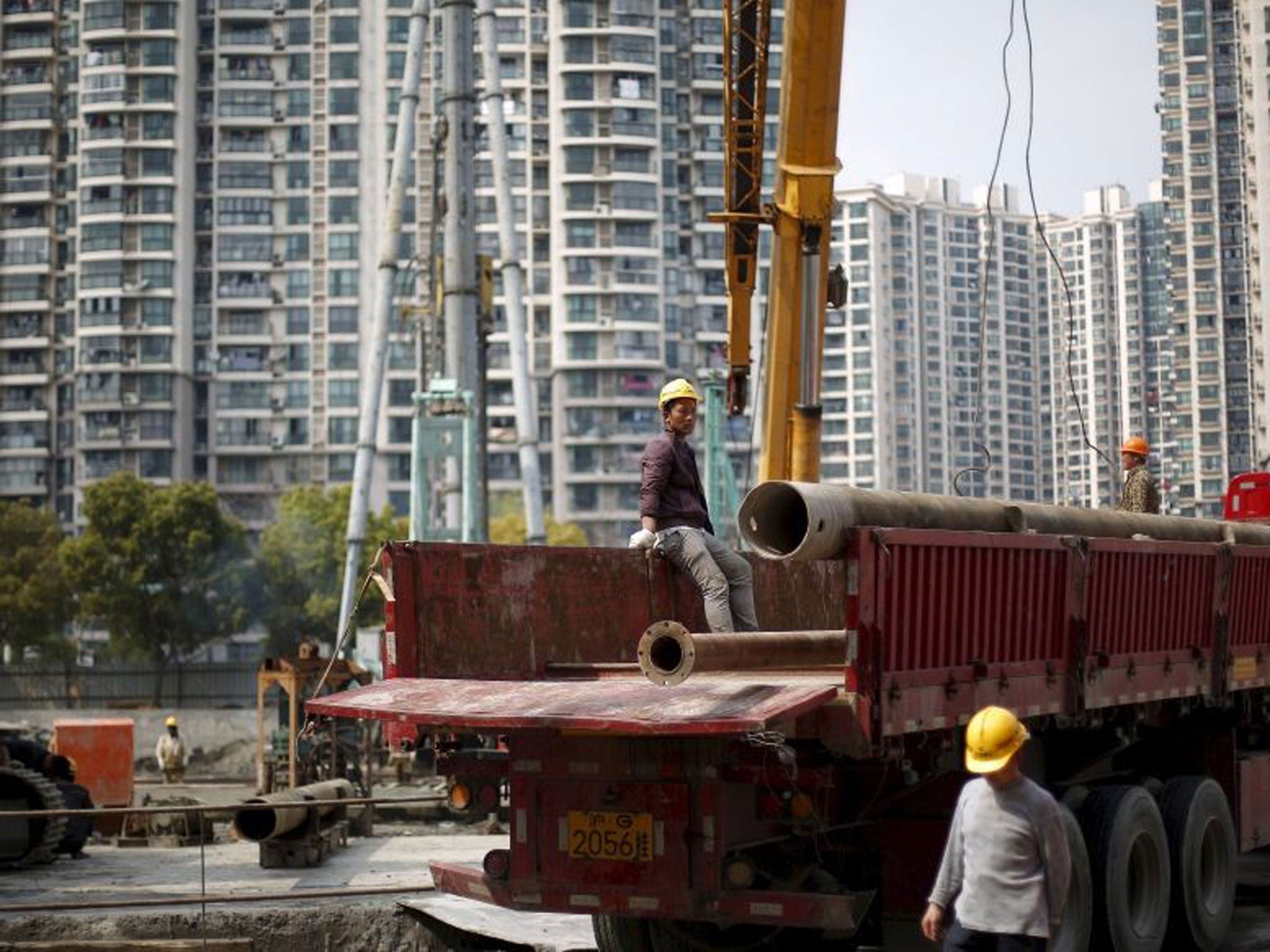Simon Read: We took all the pain in the last financial crisis. We must not get fooled again
We, as individuals ended up in financial trouble because we had no idea that the financial system could break. Next time it has to be different.

Could we be heading for another financial crisis? Sometimes it seems that we are on the brink of one. When Greece went bust a couple of years ago, it looked a certainty that it would lead to another banking collapse. Then the oil price slumped, causing global stock market turmoil. And this year we have seen economic woes in China cause financial problems across the world.
I spoke at a conference this week where civil society groups and financial reform academics had gathered to discuss how we should be preparing for the next crisis. Organised by the Finance Innovation Lab, it included speakers from the likes of Friends of the Earth and the London Business School.
There were some fascinating views and they got me thinking. My main thought was that all of us should indeed be getting ready for another financial crisis. And by we, I'm talking about individuals – not corporations. Because it was we, as individuals, who suffered in the last crash; banks were bailed out, countries were given financial assistance, businesses were allowed to borrow more.
While that was going on, we had our savings rates slashed, our wages frozen, our borrowing refused and, in extreme cases, our homes taken away. It is not much of a surprise that the companies that really cashed in on the financial crisis were the payday lenders. Flogging short-term loans at excessive interest rates meant huge profits for them. But it meant misery and debt for anyone who was forced to turn to them because the banks had closed their doors. We, as individuals, ended up in financial trouble because we had no idea that the financial system could break. And so we made no plans to prepare for that.
Next time it has to be different. We all need to have improved our financial habits by the time the next crisis hits. That starts with simple budgeting – being in control of your income and outgoings. And once you have started budgeting properly, you can use any money you free up to develop good savings habits. Experts talk about having "rainy day" cash – a nest-egg you can dip into in case of emergencies. A financial crisis would be an emergency, and having the equivalent of, say, three months' earnings stashed away should ensure that you can cope reasonably well with it.
But gaining financial control and a decent nest-egg relies on finding the right financial providers – ones you can trust. Ever since the last crisis hit, there has been a general groundswell of unhappiness with the high-street banks. And despite the relatively rapid growth of a number of so-called challenger banks, there has been no real change in the way the big financial institutions approach their business.
Their over-arching motivation is profit. Customers, communities, the planet – they all come a long way down the list. And those banks that do exhibit some element of social responsibility do so only because they believe it can help them increase their profits and increase their bonuses. Look at the challenger banks. There were hopes that they would make a difference. But the five largest are run by former senior executives of the shamed Royal Bank of Scotland. As The Who sang in "Won't Get Fooled Again": "Meet the new boss, same as the old boss."
The big banks proved that we cannot trust them and it is evident that we cannot trust the new banks. So in case there is a repeat of the scandals that accompanied the last crisis – when all the financial pain was passed on to us – we need to find alternative finance that we can trust.
Where? There are some excellent building societies that have continued to lend to and help customers when the banks have said no. There are the credit unions, which do so much to help people who often cannot borrow through normal channels.
Get a free fractional share worth up to £100.
Capital at risk.
Terms and conditions apply.
ADVERTISEMENT
Get a free fractional share worth up to £100.
Capital at risk.
Terms and conditions apply.
ADVERTISEMENT
Then there are the peer-to-peer lenders, which have cut out the middle men by putting individuals with spare cash in touch with people who need to borrow. Both get a better deal out of the arrangement and the only losers are the big banks, which have had their profits dented.
If you want to avoid being dumped on by the big banks in the future, then it is time to change. Start your search for alternatives at Move Your Money UK, a campaign for "a banking system that helps to build and support a just and sustainable society, rather than undermining it".
Join our commenting forum
Join thought-provoking conversations, follow other Independent readers and see their replies
Comments
Bookmark popover
Removed from bookmarks